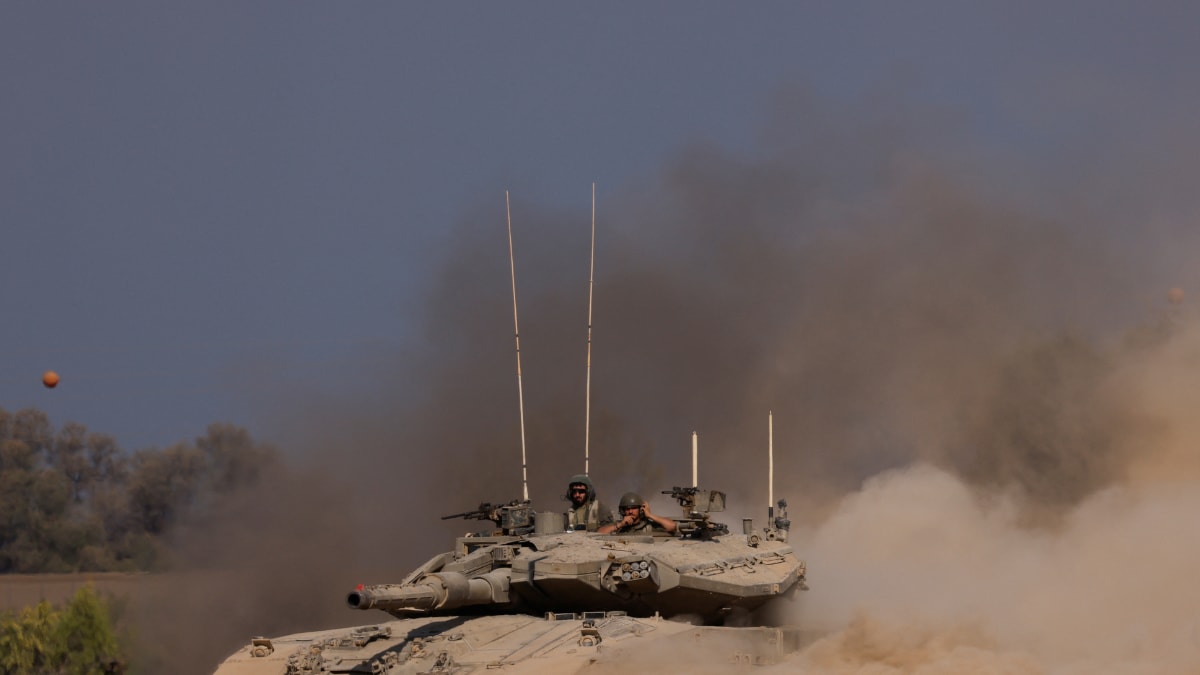The recent outbreak of polio in Gaza has sparked a major humanitarian effort, with Israel agreeing to a series of three-day “humanitarian pauses” to allow for a vaccination campaign to be carried out. This agreement marks a critical step in combating the spread of this highly infectious disease and protecting the vulnerable population of Gaza, particularly children under five.
A Race Against Time: Addressing the Polio Threat in Gaza
The emergence of polio in Gaza after a 25-year absence has raised serious concerns. The virus, which is spread through contaminated water and sewage, poses a significant threat to young children, potentially causing irreversible paralysis and even death. The situation in Gaza is further complicated by the ongoing conflict and the destruction of essential infrastructure, including sanitation systems, making the spread of polio a pressing issue.
The Importance of Vaccinations
Vaccination is the most effective way to prevent and combat the spread of polio. The World Health Organization (WHO) has stressed the importance of achieving at least 90% vaccination coverage in each round of the campaign to halt the outbreak and prevent its spread beyond Gaza’s borders. The plan involves administering two doses of the oral polio vaccine (OPV) to children under ten, with the first two doses delivered within three days, followed by two more doses in the subsequent four weeks.
A Collaborative Effort: Ensuring Success
This vaccination campaign is a joint effort involving various international organizations and stakeholders, including the WHO, UNICEF, and the Israeli government. The cooperation is essential in ensuring that the campaign is conducted smoothly and effectively, with a focus on reaching all children in Gaza. Hamas, the ruling authority in Gaza, has also expressed support for the initiative, contributing to its successful implementation.
The Human Cost of the Conflict: A Deeper Impact on Health
While the immediate focus is on addressing the polio outbreak, it is crucial to acknowledge the broader context of the conflict and its impact on the health of Gaza’s population. The years of conflict, coupled with the ongoing blockade, have taken a significant toll on Gaza’s healthcare system, leaving it vulnerable and ill-equipped to respond effectively to outbreaks and other public health crises.
The Strain on Gaza’s Healthcare System
The recent war has further damaged Gaza’s already fragile healthcare infrastructure. The destruction of essential medical facilities, coupled with limited access to medical supplies and skilled healthcare professionals, has exacerbated the health challenges faced by the population. The conflict has also disrupted routine healthcare services, leaving many in need of vital medical treatment.
The Need for Long-Term Solutions
The current humanitarian pause offers a brief window of opportunity to address the immediate health threat posed by polio. However, the longer-term health needs of the population cannot be addressed without a comprehensive and sustainable solution that includes improved access to healthcare, sufficient funding, and the removal of obstacles hindering the rebuilding and strengthening of Gaza’s healthcare system.
A Call for Action: Building a More Resilient Future for Gaza
The polio outbreak serves as a stark reminder of the devastating impact that conflict and inadequate access to healthcare can have on a population’s well-being. The international community, including the United States and the European Union, has recognized the seriousness of the situation and is actively supporting efforts to combat the spread of polio.
The Importance of Sustained International Support
While the current vaccination campaign is a crucial first step, it is essential to acknowledge that sustained international support is critical for Gaza to achieve long-term health security. This support must encompass funding for rebuilding and strengthening Gaza’s healthcare system, removing barriers to medical access, and fostering a more stable environment conducive to improving the lives of its residents.
Take Away Points:
- The recent polio outbreak in Gaza highlights the vulnerability of the territory’s population and the need for swift and decisive action.
- The collaborative effort between international organizations, the Israeli government, and Hamas offers a beacon of hope for addressing the polio crisis.
- Addressing the polio outbreak must not overshadow the need for long-term solutions to improve the overall health and well-being of Gaza’s population.
- The international community must remain actively engaged, providing sustained support to address the complex challenges faced by Gaza and ensure a more secure and resilient future for its people.




